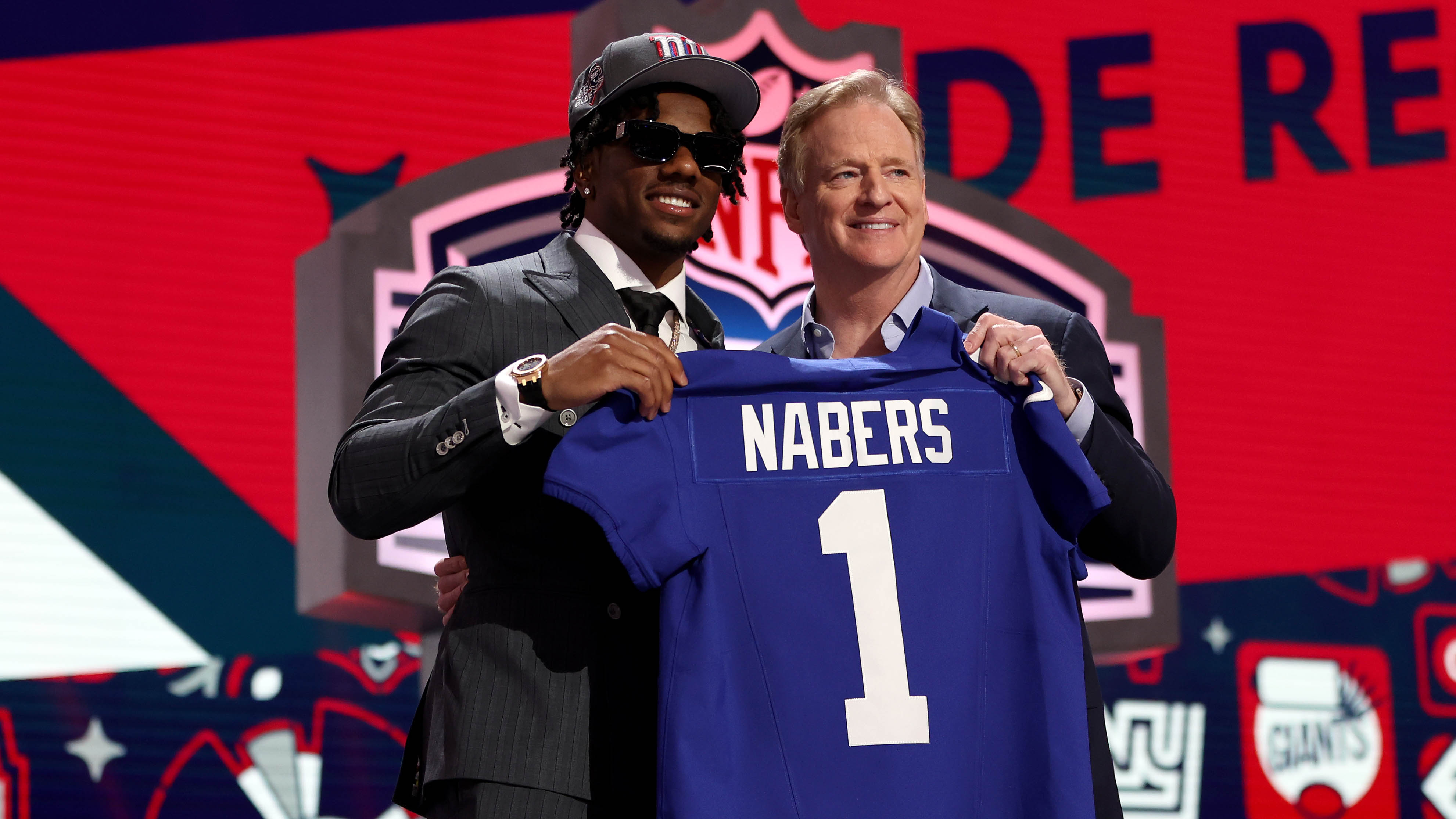A rise in prescription drug abuse involving Xanax and similar anti-anxiety pills in recent years has prompted some doctors in the U.S. to rethink the frequency with which they dole out the prescription.
Between 2004 and 2009, New York City emergency room visits involving Xanax and other anti-anxiety prescription drugs known as benzodiazepines increased more than 50 percent. That's up from 38 out of 100,000 New Yorkers in 2004 to 59 out of 100,000 New Yorkers.
Data from the New York City Department of Health also show benzodiazepines were tied to more than 30 percent of all the city's overdose deaths in 2009, or 3.3 out of 10.9. Nearly all of those overdoses involved multiple drugs, of which benzodiazepine was just one.
Xanax is the most popular anti-anxiety drug in the benzodiazepine family. In 2010, Xanax was America's 11th-most prescribed pill, according to the IMS Institute for Healthcare Informatics.
In Louisville, Ky., psychiatrists at the Seven Counties Services network of mental health clinics took the unusual step of halting all Xanax prescriptions. The self-imposed ban has now been in effect for a year.
Dr. Scott Hedges says benzodiazepines are fast-acting when it comes to remedying acute panic attacks, but he says they are not meant to be long-term treatments. Instead, he focuses on more traditional behavioral therapies.
"The problem is, in terms of longer term treatment, there are really much better treatments that have better outcomes than the use of that short-term medication,” Hedges said.
Local
Some Xanax abusers say their panic attacks and anxiety seem more intense after long-term use of the drug.
"Rob," a recovering Xanax abuser who did not want to reveal his identity, said shortly after he started taking the pill he noticed the effects of benzodiazepine were wearing off too quickly and he had to increase his dosage.
"It doesn’t take long before that doesn’t do anything for you and you have to double it or triple it," he said
Like many Xanax addicts, "Rob" says he also abused other illegal drugs at the same time. He often took Xanax pills to alleviate panic symptoms associated with his attempts to quit heroin and other narcotics.
Dr. Jeff Rabrich, who directs the Emergency Medicine Department at St. Luke’s Roosevelt Hospital in Manhattan, said he often sees the negative effects of illegal narcotics exacerbated by benzodiazepines.
"The Xanax potentially makes it a much worse overdose. It could turn a relatively mild overdose into something that could be fatal," said Rabrich.
According to practice guidelines from the American Psychiatric Association, doctors should avoid prescribing alprazolam -- the generic name for Xanax -- for patients who have a history of alcohol or drug abuse.
The APA practice guidelines go on to list several reasons for caution when prescribing Xanax to recovering addicts:
"A history of abuse of other substances, both licit and illicit, is associated with a higher prevalence of benzodiazepine abuse, a greater euphoric response to benzodiazepines, and a higher rate of unauthorized use of alprazolam during treatment for panic disorder."
Pfizer, the manufacturer of Xanax, said in a statement that it does not condone the abuse of its products and says prescribing clinicians must be aware of the risks of the medication, which is included in the package insert and communicated to patients.
“When prescribed and taken as indicated, Xanax has a well-established safety profile and is an important treatment option that has benefited millions of patients,” Pfizer said.
In disclosures on the Pfizer Physician Prescription Information sheet, or PPI, doctors are warned of the possibility of physical and psychological dependence associated with Xanax.
The PPI goes on to say:
"Some patients have experienced considerable difficulty in tapering and discontinuing from Xanax, especially those receiving higher doses for extended periods. Addiction-prone individuals should be under careful surveillance when receiving Xanax."
Cali Estes, a drug counselor who is now helping “Rob” recover from his addictions, said she adamantly believes Xanax and similar drugs are overprescribed.
“I don’t believe they take the time with the patients to figure out what the problems are,” Estes said. “A doctor who is running short on time and nurses and probably isn’t paid as much as he or she used to be finds it easier to say, 'OK this person has a problem, here’s your script, have a nice day, where’s my next patient.'”
Dr. Karl Rickels, an expert on benzodiazepines at University of Pennsylvania’s Department of Psychology, said Xanax and similar drugs need to be better understood by the physicians who prescribe them.
“My advice is not to prescribe benzodiazepine if you know that someone has been abusing something else and if you learn this later than you should start right away tapering the patient off benzodiazepine,” Rickels said.
Get the latest from NBC 4 New York anytime, anywhere. Follow us on Twitter, Facebook and Google+. Get our apps here and sign up for email newsletters here. Get breaking news delivered right to your phone -- just text NYBREAKING to 639710. For more info, text HELP. To end, text STOP. Message and data rates may apply.



